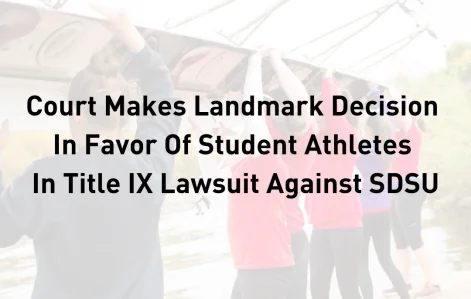Retail merchandisers work in almost every industry one can think of throughout California. Their work may vary based on the details of a particular industry, but the core of the work generally involves setting up and managing product displays at a variety of retail outlets in a given geographical area. Some merchandisers work “in-house,” managing inventory and floor displays for a particular retail outlet. Other merchandisers work for a non-retail company, and their work revolves around displaying that company’s product at a variety of different retail outlets.
Merchandisers, particularly those in the second category, may sometimes be classified as independent contractors by the company hiring the merchandiser. When companies hire workers as independent contractors, they avoid guaranteeing minimum wage, paying overtime, or providing other important benefits to workers. But this classification can be erroneous as a matter of California law if the company hiring the merchandiser cannot pass the so-called “ABC” test, which determines whether a worker is properly classified as an independent contractor.
A company can fail the ABC test if it exercises too much control over the manner and means of how the merchandiser performs their job. The test also requires that merchandising the products falls within the usual course of the hiring company’s business. Finally, the merchandiser must be set up in an independent trade or business.
Importantly, it does not matter whether a worker agrees to be an independent contractor rather than employee, and it does not matter if the worker signs a contract that refers the worker as an independent contractor. What matters is the nature of the actual work performed.
If you are working as a merchandiser, ask yourself some of these questions:
Does my employer tell me when to work? Does my employer tell me what to do, or otherwise give me specific instructions on how to do my job? Does my employer tell me what to wear? Does my employer require me to check in frequently? Are the products I am merchandising the kinds of products my employer produces for sale? Am I working for any other companies? Have I set up a business for myself as a merchandiser with independent business finances, an entity structure (such as an LLC or a corporation), and/or separate efforts to promote and market merchandising services?
These is just a few examples of the facts an experienced labor attorney could consider to determine whether you are properly classified as an independent contractor. If you answered “NO” to the last question, or “YES” to any of the others, you might be misclassified.
Deliberate misclassification can be a tactic for employers to dodge paying minimum wage or overtime to their workers, and to avoid their responsibilities to contribute to the Medicare and social security safety nets on which many workers rely when they reach retirement age. Misclassified employees can file claims with the California Labor Commissioner, or private lawsuits to recover unpaid wages and benefits. If you have any doubts about your status, you should consult with an attorney for advice.





